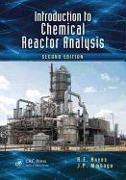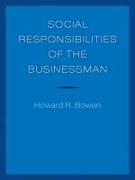- Start
- Introduction to Chemical Reactor Analysis
Introduction to Chemical Reactor Analysis
Angebote / Angebote:
Introduction to Chemical Reactor Analysis, Second Edition introduces the basic concepts of chemical reactor analysis and design, an important foundation for understanding chemical reactors, which play a central role in most industrial chemical plants. The scope of the second edition has been significantly enhanced and the content reorganized for improved pedagogical value, containing sufficient material to be used as a text for an undergraduate level two-term course. This edition also contains five new chapters on catalytic reaction engineering. Written so that newcomers to the field can easily progress through the topics, this text provides sufficient knowledge for readers to perform most of the common reaction engineering calculations required for a typical practicing engineer. The authors introduce kinetics, reactor types, and commonly used terms in the first chapter. Subsequent chapters cover a review of chemical engineering thermodynamics, mole balances in ideal reactors for three common reactor types, energy balances in ideal reactors, and chemical reaction kinetics.
The text also presents an introduction to nonideal reactors, and explores kinetics and reactors in catalytic systems. The book assumes that readers have some knowledge of thermodynamics, numerical methods, heat transfer, and fluid flow. The authors include an appendix for numerical methods, which are essential to solving most realistic problems in chemical reaction engineering. They also provide numerous worked examples and additional problems in each chapter. Given the significant number of chemical engineers involved in chemical process plant operation at some point in their careers, this book offers essential training for interpreting chemical reactor performance and improving reactor operation. What's New in This Edition: * Five new chapters on catalytic reaction engineering, including various catalytic reactions and kinetics, transport processes, and experimental methods * Expanded coverage of adsorption * Additional worked problems * Reorganized material
Folgt in ca. 15 Arbeitstagen




